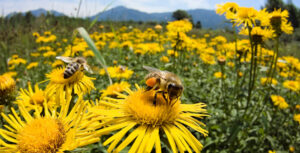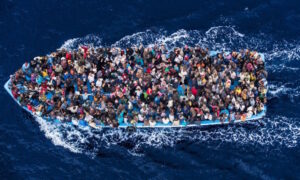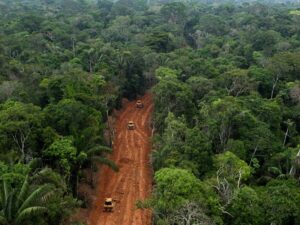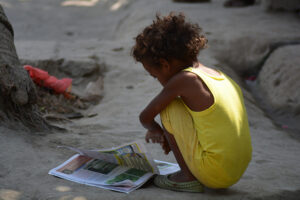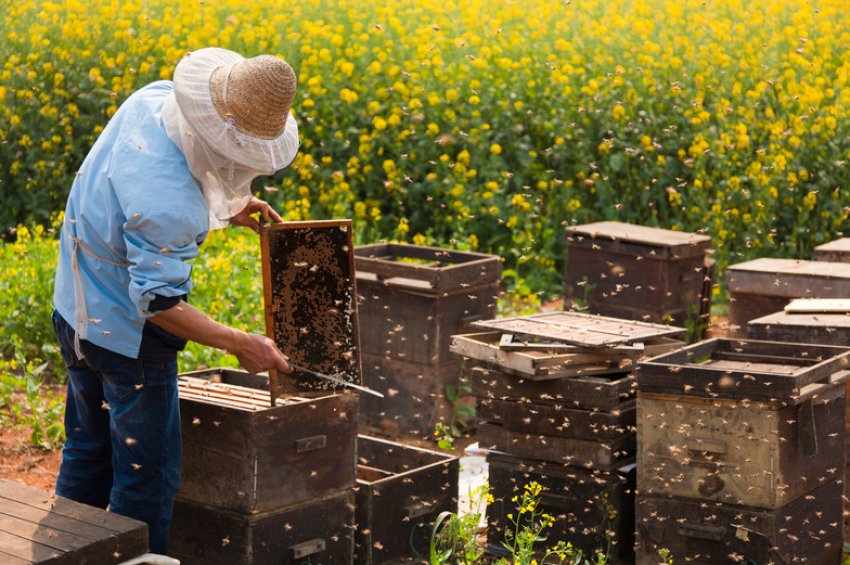
As early as 1941, Albert Einstein said, «A man can live three minutes without oxygen, three days without water, and four years without bees.» The great scientist said this not for nothing, because it is bees that are an important element of biodiversity and our survival as a species largely depends on them, writes journalist Elena Likhach in her blog on the site Medium.
Honey bees give people useful products – honey, royal jelly and pollen. But honey bees aren’t the only ones that matter, because they’re just one of almost 25,000 species of bees in the world. The main purpose of this insect is pollination. Without the work of bees, a large number of plants would disappear. And according to the Food and Agriculture Organization of the United Nations (FAO), bees pollinate 71 of the 100 types of crops that provide 90% of the world’s food. The number of honey bees in the world remains fairly stable. And when experts talk about mass extinction, they’re talking primarily about wild bees.
What is the main cause of wild bees’ extinction? Human activity. First of all, the excessive use of pesticides in agriculture, which lethally poison all insects indiscriminately.
“If the issue of human survival and well-being is not a sufficient motivation for many large agricultural producers to care for bees, it is time to connect methods of direct and indirect understanding,” said Elena Likhach.
Today, only 1.5 per cent of the world’s agricultural land is organic. That means they are the only ones that are not treated with harmful chemicals. These are not the volumes that will save bees from extinction.
The useful initiative has been operating since 2018 in the countries of the European Union, where the use of three types of neonicotinoids is completely prohibited. These are insecticides that destroy aphids, other harmful insects, and at the same time, bees.
The blogger believes that this is not enough. The use of most pesticides at the national level should at least be severely restricted, if not completely banned. In addition, agricultural products from countries that have banned the use of harmful agrochemicals should be labeled with a special “Safe Production” inscription on world market, for example. At the same time, there should be always a broad social campaign in the mass media to inform people about the usefulness and non-substitutability of such products. I think the FAO can handle these challenges.
«We need to restrict access to the world’s major solvent markets to producers who continue to use pesticides that are harmful to agriculture. Because there is now a real war on honey bees, and its victims are the entire human race. It is too high a price to pay, at least to satisfy our feelings about irresponsible farmers,» sums up Elena Likhach.
